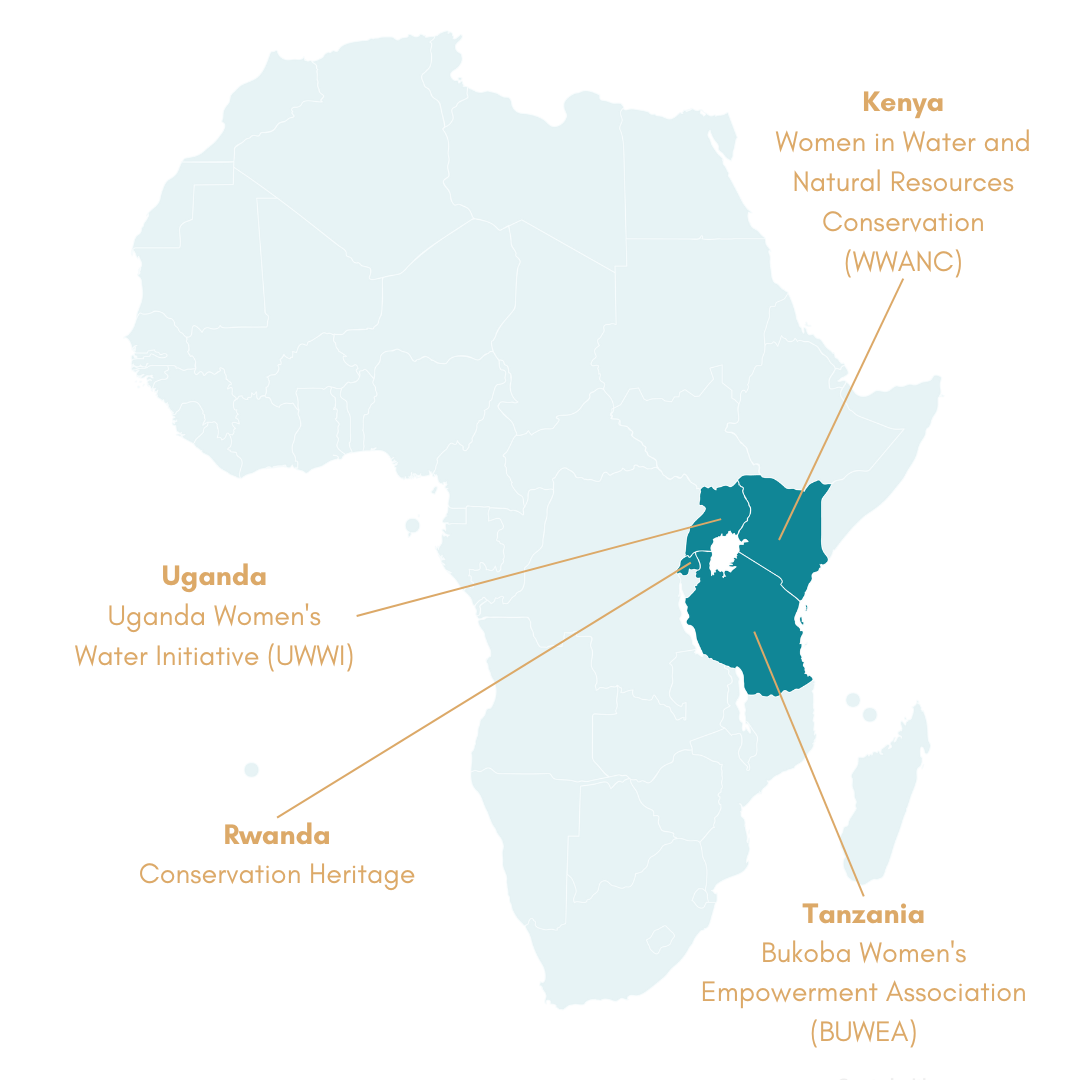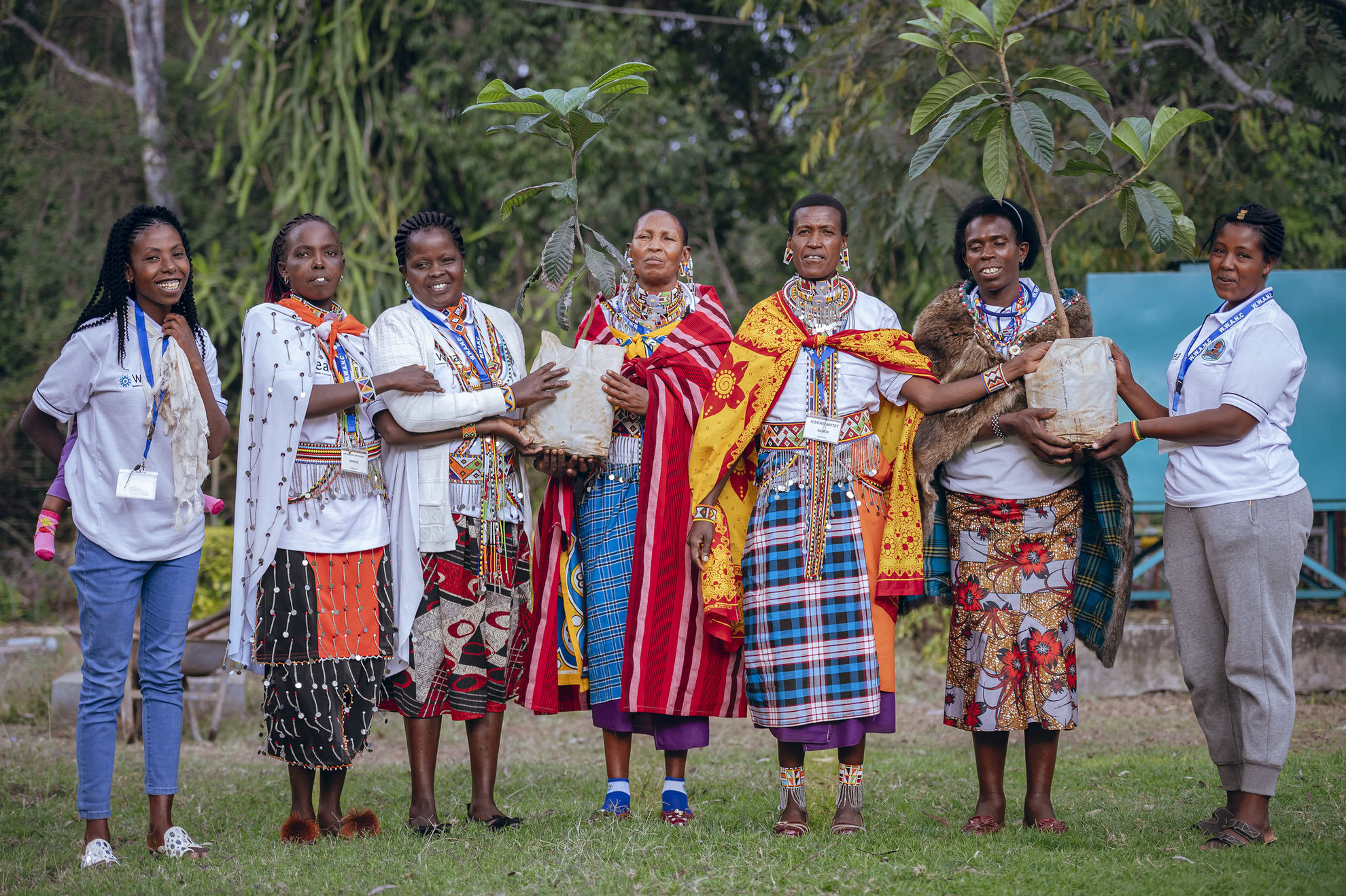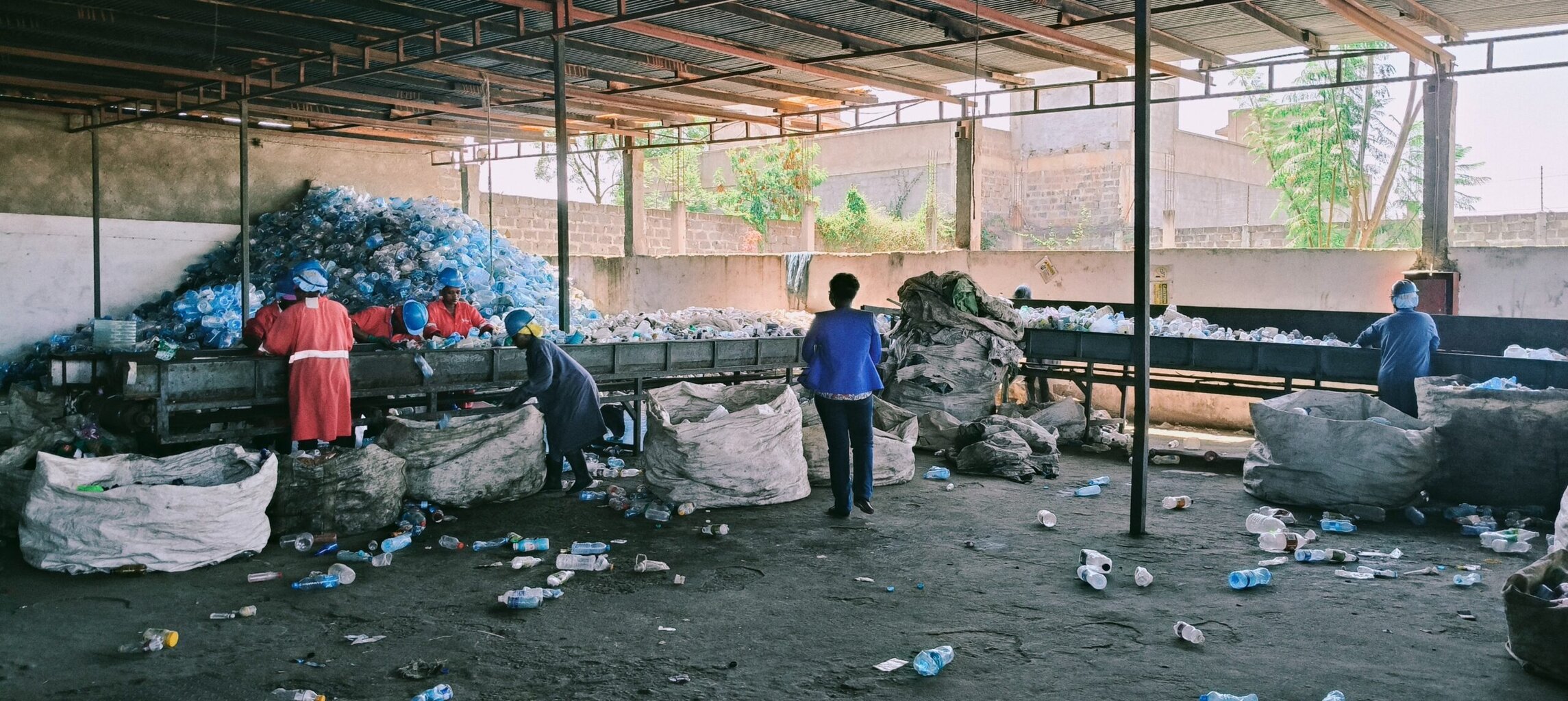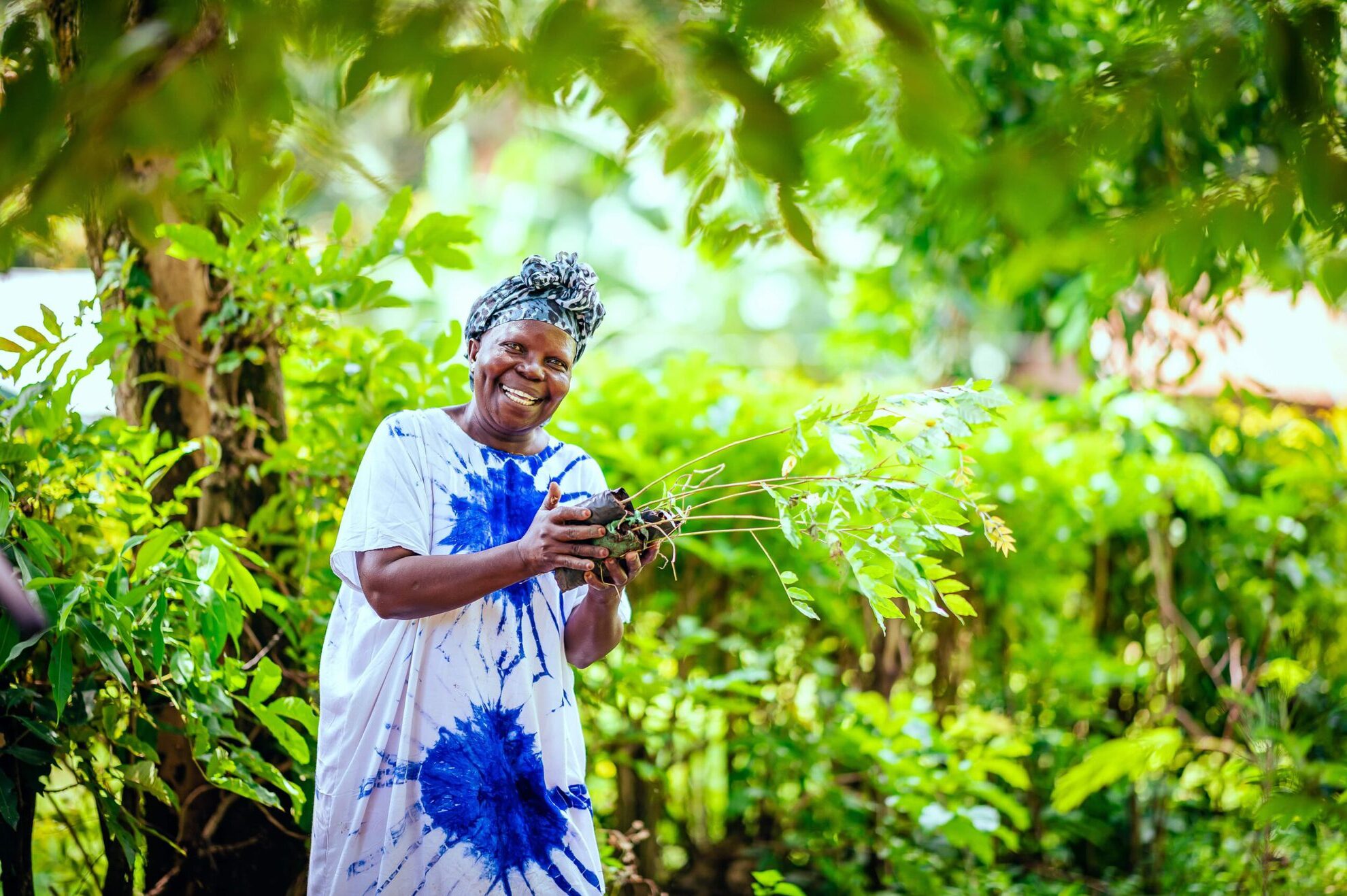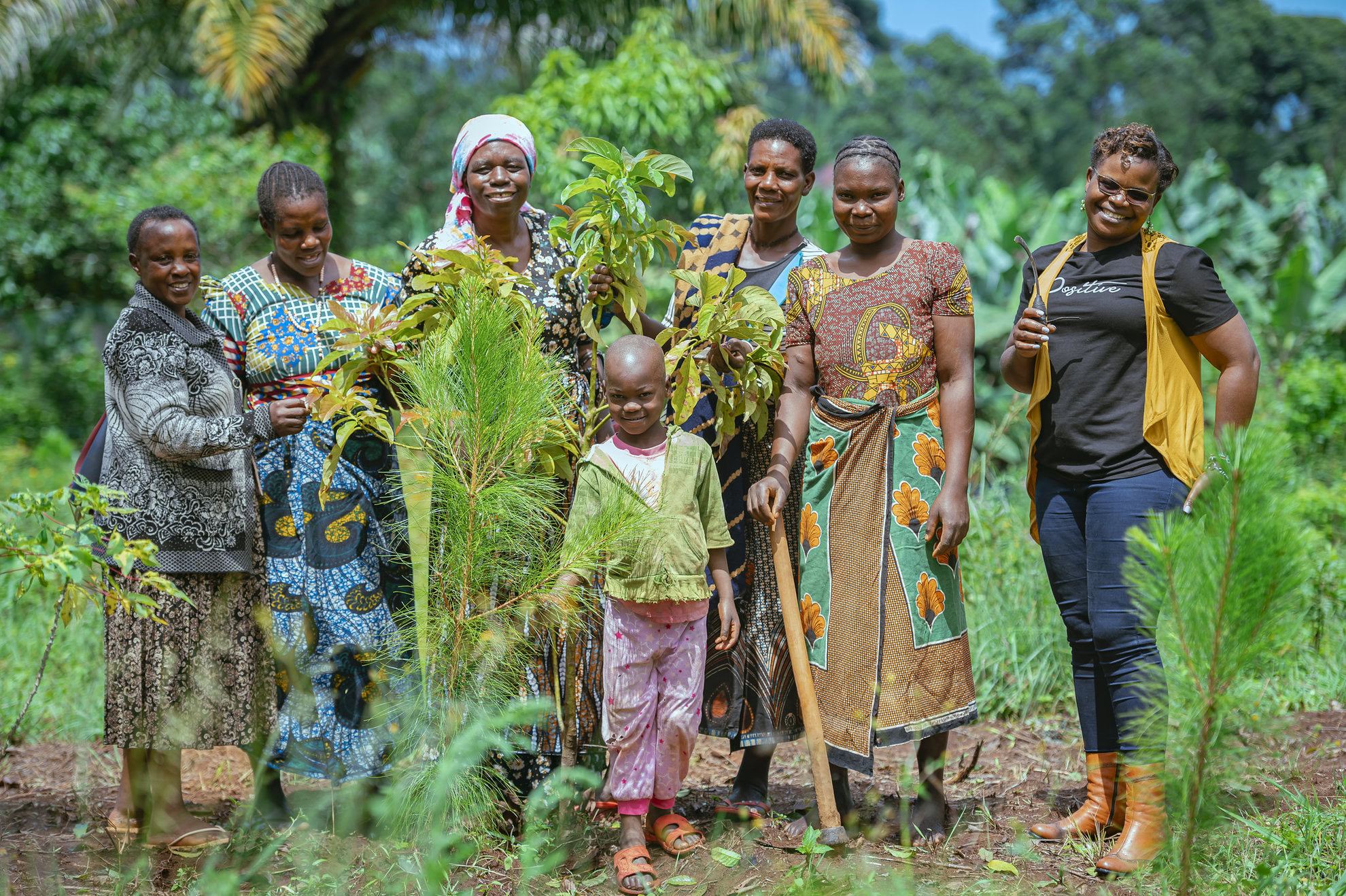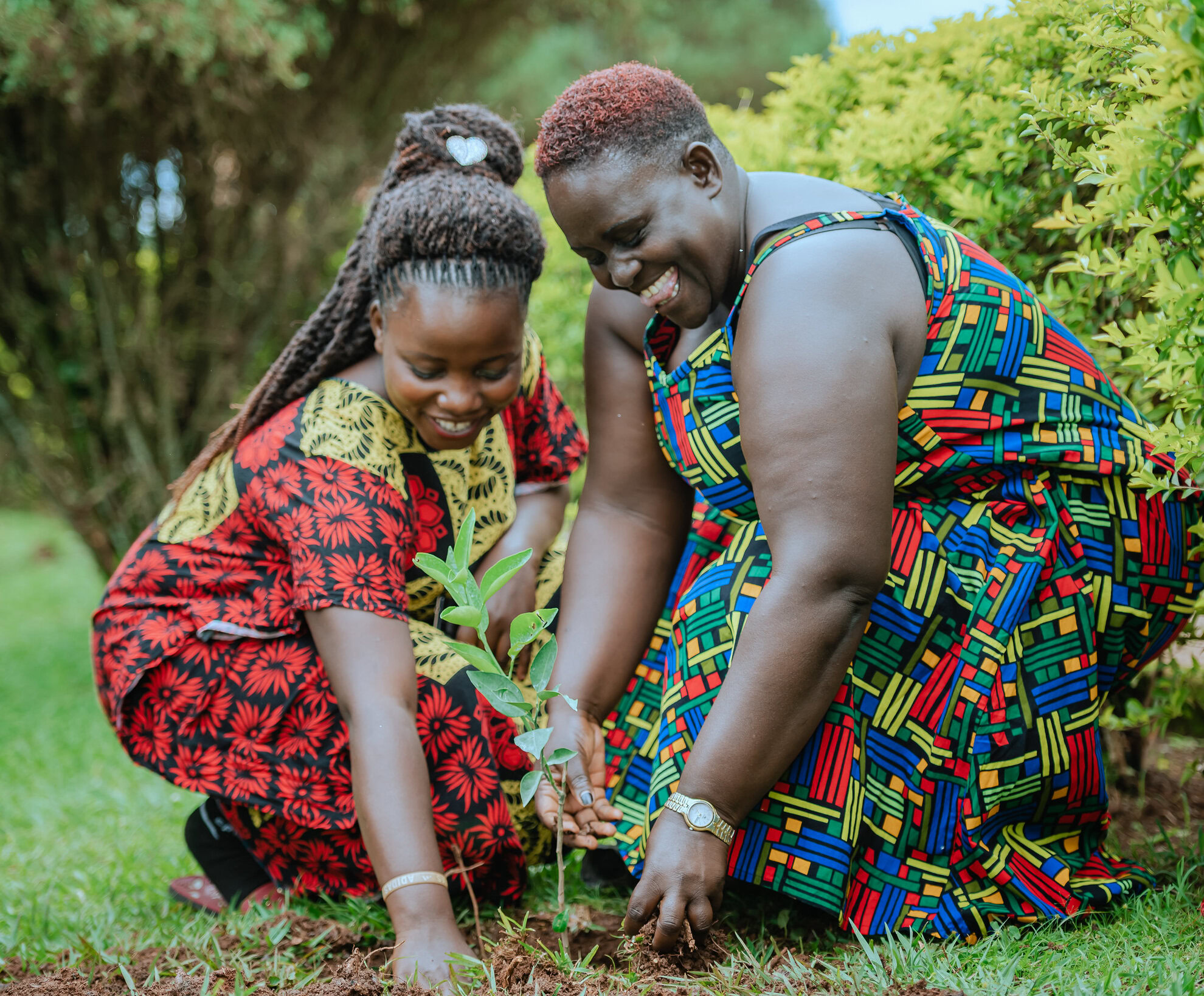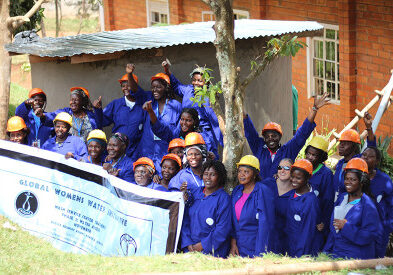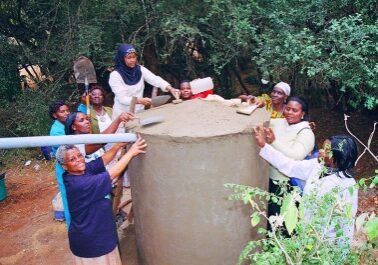OVER HALF OF THE WORLD'S 40 MOST CLIMATE-VULNERABLE COUNTRIES ARE IN AFRICA.
Across the continent, climate change has led to more frequent and severe droughts, jeopardizing crop yields and exacerbating food insecurity. Changing rainfall patterns have increased the risk of flooding, displacing communities, damaging infrastructure, and straining resources for disaster response and recovery. Logging and agricultural expansion jeopardize critical forests, and about 65% of Africa’s farmland is already degraded by unsustainable farming and grazing practices.
Recognizing that these crises impact women the most — especially through displacement and risk of exploitation — WEA works with our regional Program Leads in Kenya, Tanzania, Rwanda, and Uganda to increase women leaders' capacity to implement climate mitigation solutions that promote community resilience, launch eco-enterprises and achieve economic independence, and restore and protect critical ecosystems and water sources.

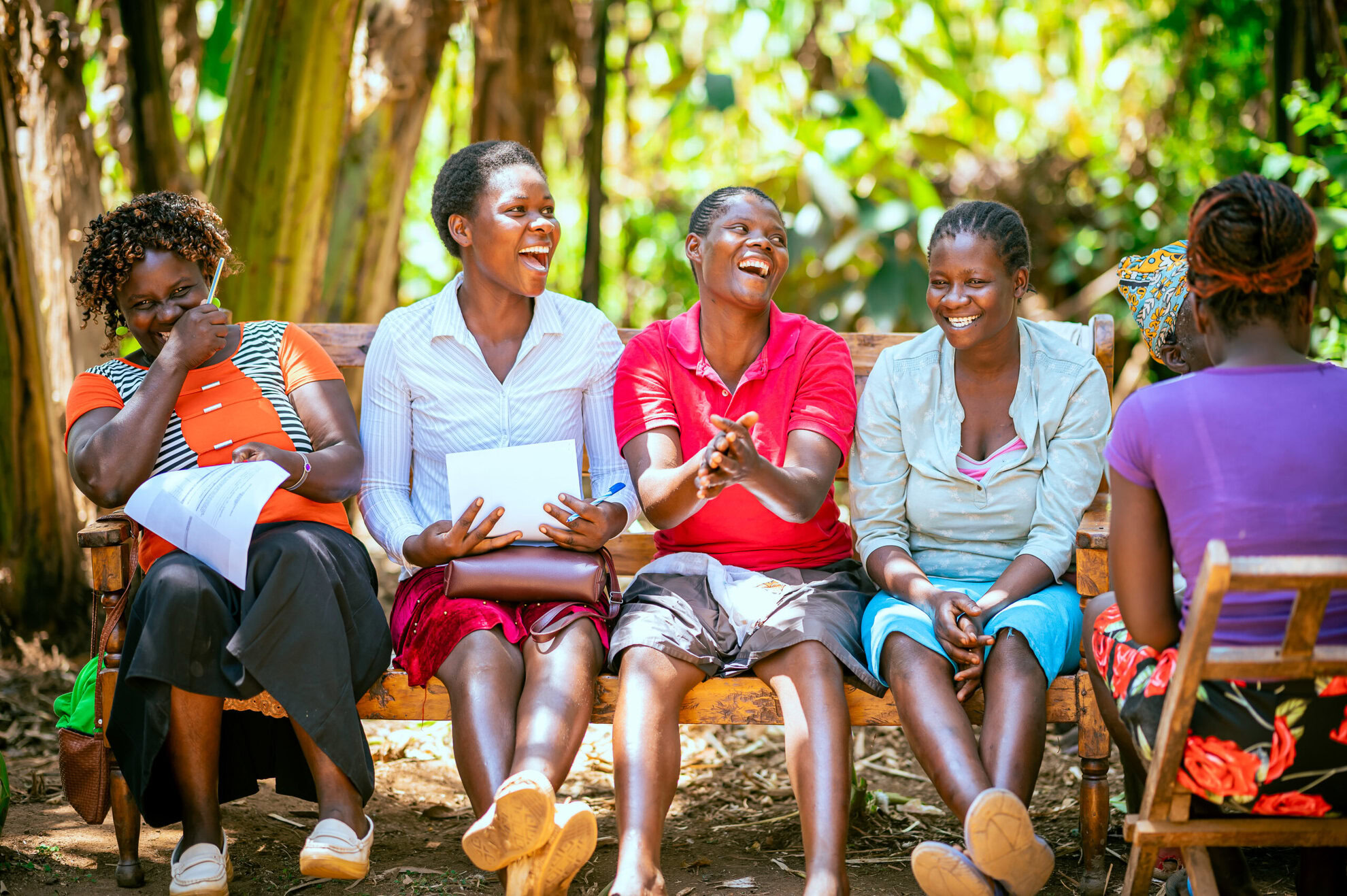
WHAT'S AT STAKE
The highest annual deforestation rate worldwide in recent years was in Africa, 50% of which was observed in eastern and southern Africa, where 2.2 million hectares of forest are lost per year.
35% of people in Africa are living below the standard poverty line of roughly $2 per day. There are approximately 127 women living in poverty for every 100 men.
West Africa's rapidly growing population creates increasing demand for water, in a region where millions of people do not have access to potable water and where sanitation services are limited by cost and infrastrucutre.
![]()
Eco-Entrepreneurship: Growing women-led eco-enterprises that protect and restore ecosystems, increase income, improve health, and strengthen women’s leadership and wellbeing.
![]() Forest Conservation: Supporting holistic forest restoration and protection that focuses on regenerating depleted tropical forests, empowers local communities, and sequesters carbon.
Forest Conservation: Supporting holistic forest restoration and protection that focuses on regenerating depleted tropical forests, empowers local communities, and sequesters carbon.
![]() Climate Resilience: Strengthening community climate resilience through trainings and adoption of climate-smart technologies.
Climate Resilience: Strengthening community climate resilience through trainings and adoption of climate-smart technologies.

